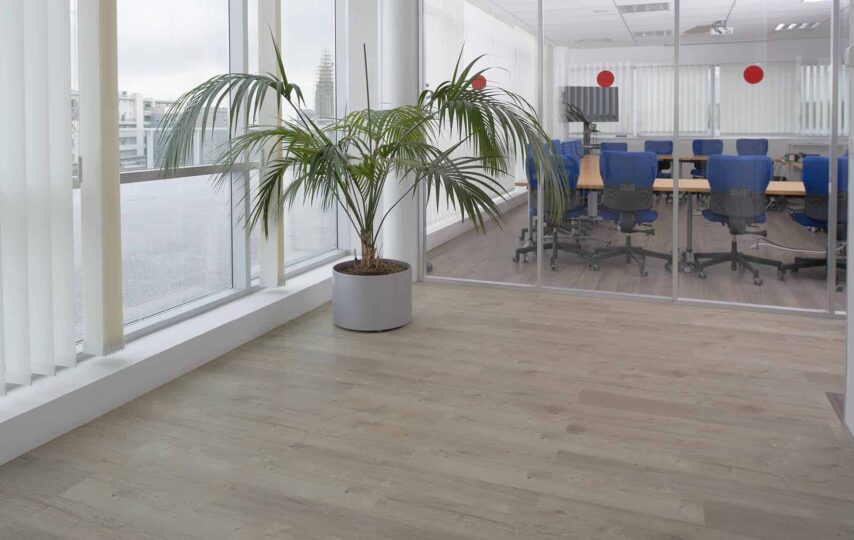Epoxy flooring at Ultra Grind is one of the latest trends in floor finishes. It’s a great option for residential and commercial buildings, as it’s waterproof, scratch-resistant, easy to clean and has a long lifespan. If you’re thinking of investing in epoxy flooring, do yourself a favor and make sure you know exactly what you’re getting into by asking your contractor these 10 questions:
1. How much does epoxy flooring cost?
The installation cost of an epoxy floor will depend on the type of epoxy being used (there are two main groups), how much preparation is needed before installation can begin, and the size and shape of the area that needs covering. Because of this, it might be difficult to get an exact quote from your first phone call with an epoxy flooring contractor. However, if you have a rough idea of these things before you call a professional, they should be able to give you at least a ballpark figure. Having said that, if the price they quote seems too good to be true – be wary!
2. Is this good for my type of business?
An epoxy flooring contractor will have experience with many types of flooring. They may not have experience with your type of business so be sure to ask them if they have ever done any epoxy flooring that is similar in your field. It is better to know that beforehand then after it is done.
3. How long will it take?
A contractor should be able to give you an estimate on how long the process will take from start to finish. This way, you can plan around it and make sure everything goes as scheduled without having any delays in your business. The last thing you want is a delay in your company because your floors are being worked on.
4. How much experience do you have with epoxy flooring?
If you are doing a residential project and you go to the big box store, they may only have 1-2 contractors they refer. For larger commercial projects, you will want to make sure the selected contractor has experience in that type of installation.
5. How long have you been in business?
You’ll want to make sure that the contractor has been in business for at least three years and can provide references from past customers. Even if this is your first time working with an epoxy flooring contractor, you can learn a lot from past customers about what to expect during the installation process.
6. What type of warranty do you offer?
The industry standard for residential projects is one year for labor and material defects. Commercial warranties may vary depending on how much foot traffic the floor is expected to endure.
7. What is involved in the installation process?
Every epoxy floor installation is different. Some installations may require extensive preparation work while others may be more basic. It’s important for your contractor to explain the entire process so that you know what to expect and there are no surprises along the way.
8. What are the advantages of epoxy floors?
Epoxy floors are durable, attractive, moisture-resistant and easy to maintain. They’re also inexpensive compared to other types of floors that can offer similar benefits.
9. What are the disadvantages of epoxy floors?
Most importantly, epoxy floors are not stain-proof, so if you spill engine oil or transmission fluid on them, those stains could be there forever. Epoxy floors can also be slippery when they’re wet, so if you have older family members using the garage, you might want to consider a different type of floor that offers better traction. Epoxy floors need over 24 hours to dry completely once they’ve been installed, so you may not be able to use your garage for almost a day after installation.
10. What kind of maintenance is required with an epoxy floor?
One of the main reasons people choose epoxy is because of its low-maintenance qualities. The flooring is designed to reduce the need for constant cleaning and repair, but it still requires some upkeep.
As long as your floor was installed correctly by a qualified contractor, sweeping and mopping should be enough to keep it clean. It’s also advised that you avoid placing sharp objects on the floor and placing heavy objects too close to the walls, as this could cause cracks or chips.


